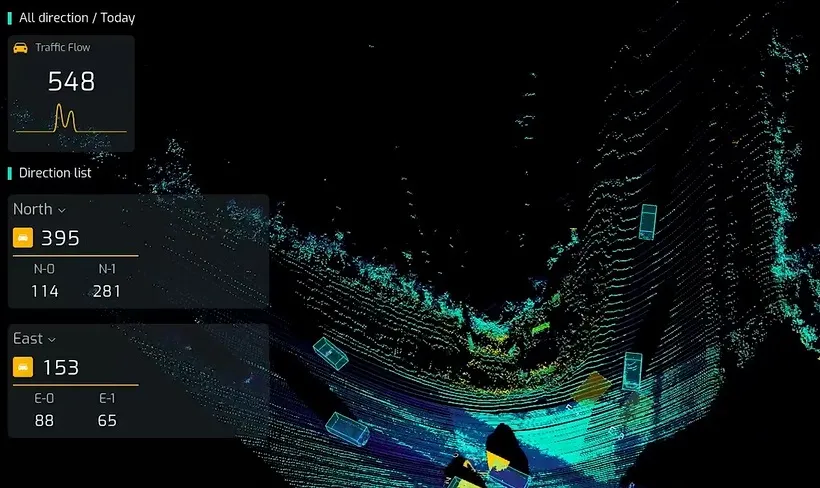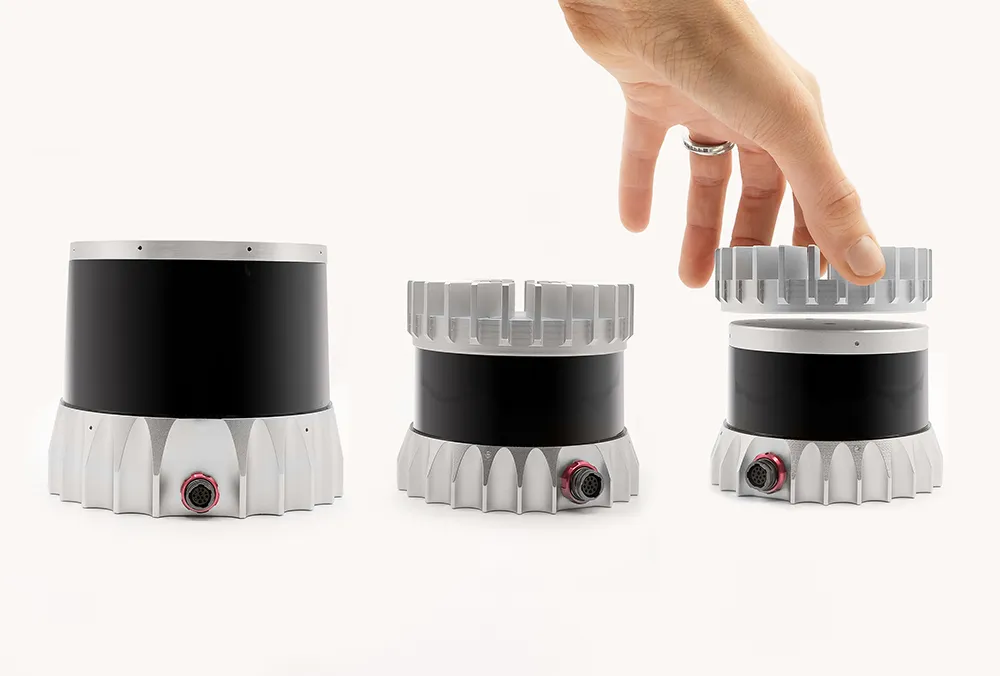
Seyond has introduced SIMPL, the Seyond Intersection Management Platform.
Available as a ready-made solution for installation, it combines Lidar technology with artificial intelligence and hardware to analyse complex traffic situations to dynamically optimise signal controls.
At the heart of SIMPL is Seyond’s Falcon K Lidar, a high-resolution, long-range sensor that enables real-time detection of all road users.
The sensor is Nema TS2 compliant - the National Electrical Manufacturers Association, which defines standards used in North America for various grades of electrical enclosures.
The sensor has already proven itself in various applications, including in vehicles made by Nio, a Chinese automobile manufacturer headquartered in Shanghai that specialises in designing and developing electric vehicles.
The hardware is complemented by a robust edge processor that quickly processes the captured data. The associated detection software uses AI to analyse the movements of vehicles, pedestrians and cyclists and ensure precise control of traffic lights. SIMPL is designed as a turnkey solution that is easy to install and requires minimal maintenance.
Seyond said that another key advantage of SIMPL is its focus on data protection. The Lidar-based technology uses laser pulses to create point clouds without capturing biometric data. This makes SIMPL the ideal solution for cities that value both security and privacy. At the same time, the platform helps to reduce congestion and CO₂ emissions through optimised traffic management, which promotes sustainability in urban areas.
In a practical test in Columbia County in the US state of Florida, Seyond’s SIMPL solution achieved a detection accuracy of 99%.
During the test, 909 events were manually counted at a typical intersection with three lanes in both directions to serve as a baseline for comparison. The results showed that Seyond’s Lidar was more accurate than traditional inductive loops, especially when detecting vehicles driving close together or performing complex manoeuvres.
This high level of accuracy enables more efficient traffic control and contributes to increased safety at junctions. To further validate the performance of SIMPL, additional tests under various conditions are planned.
“By enabling data protection-compliant, real-time detection of all road users, regardless of weather conditions, our technology forms the basis for modern traffic control that meets the challenges of urban mobility,” explained Christian Kimmle, managing director of Seyond Europe. “SIMPL offers a future-proof, precise and cost-efficient alternative to conventional detection solutions.”
The real-time data collected by SIMPL can also be shared with traffic light controllers and other smart city platforms.










